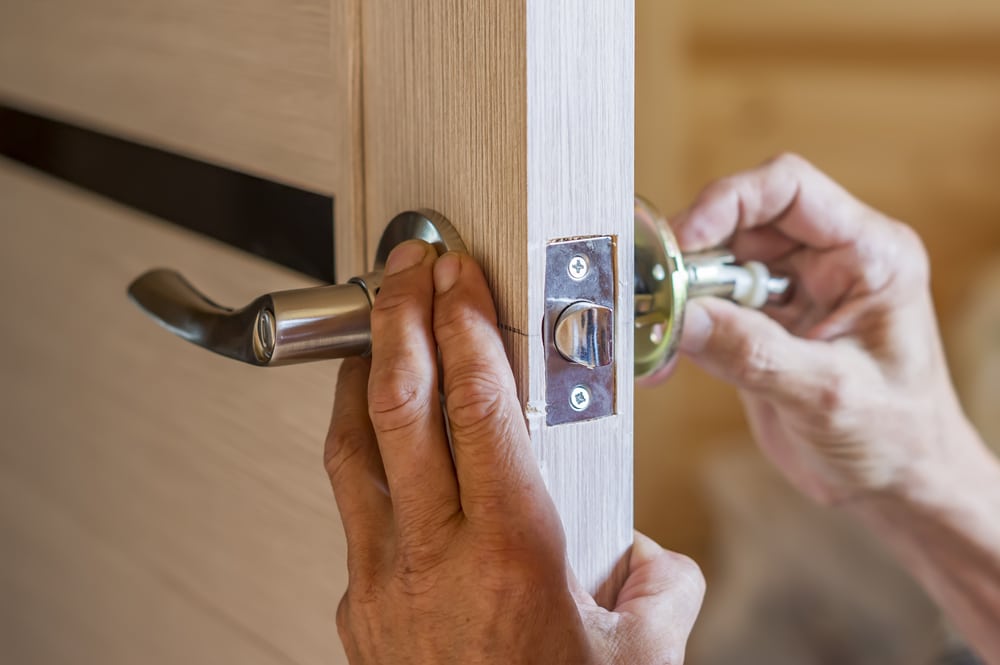The most significant asset in most divorces is property.
Before divorcing couples sell their home, they need agree each persons share.
They also need to get the property valued.
Keep reading our blog below for guidance on all of these areas.
What happens to my house during a divorce?
Selling a house during a divorce is a different process for each couple.
Ideally, a solicitor will help you and your ex-partner find a good solution.
This might involve:
- One spouse buying out the other
- The property being sold and profits split.
Can my ex-partner sell our house?
Your ex-partner may threaten to sell your home, but they cannot unless it is legally sound.
Until a divorce is finalised, both spouses have the right to live there. And neither has a right to change the property’s locks.
Once a divorce is granted, its terms (if there was a settlement) will impact what is or isn’t possible moving forward. This might include a court order to sell the house.
You should speak with your solicitor to clearly understand the terms.
If children under the age of 18 live in the property, most courts grant the remaining parent the right to live there.
However, exes will be considered, and sometimes, selling up is the fairer option. This enables the divorcing couple to better access equity.
How can I get my home valued during a divorce?
Getting your property valued during a divorce can be complicated.
The circumstances surrounding your divorce will impact which steps must be taken. For example, how amicable it has been.
As a general rule, valuations you pay for should be by independent experts rather than estate agents.
(Estate agents can sometimes overestimate value. This is because they want to increase the chances you work with them.)
If you and your ex-partner agree on the property’s value, it can be used as the agreed valuation.
But if you disagree, the court can order a valuation by an independent surveyor.
Consider all properties
All owned property needs to be considered during divorce, including:
- Holiday homes
- Buy-to-let properties
- Properties owned by a family company
- Houses held within a pension fund.
Can I buy my ex out of a mortgage?
Yes, it is possible to buy your ex out of a mortgage.
If your ex doesn’t want to pay into the mortgage, you can buy them out.
Is it possible for an unmarried partner to claim the house?
Claiming the house can be more complicated if you are going through a separation but not a divorce.
An unmarried partner who is not one of the owners wouldn’t be able to claim a property outright.
However, they can claim a share of the property in some circumstances, depending on how much they contributed and for how long.


















